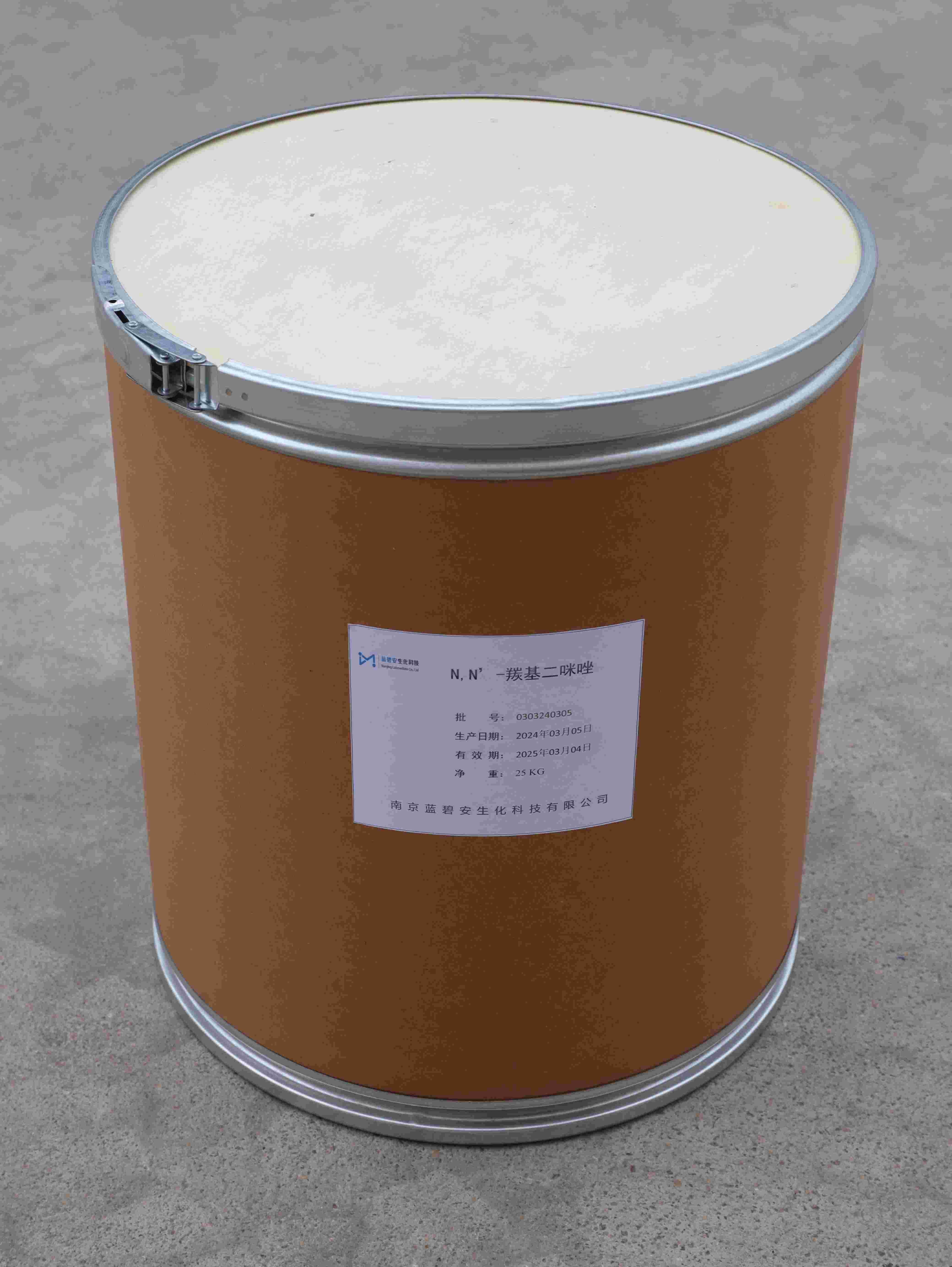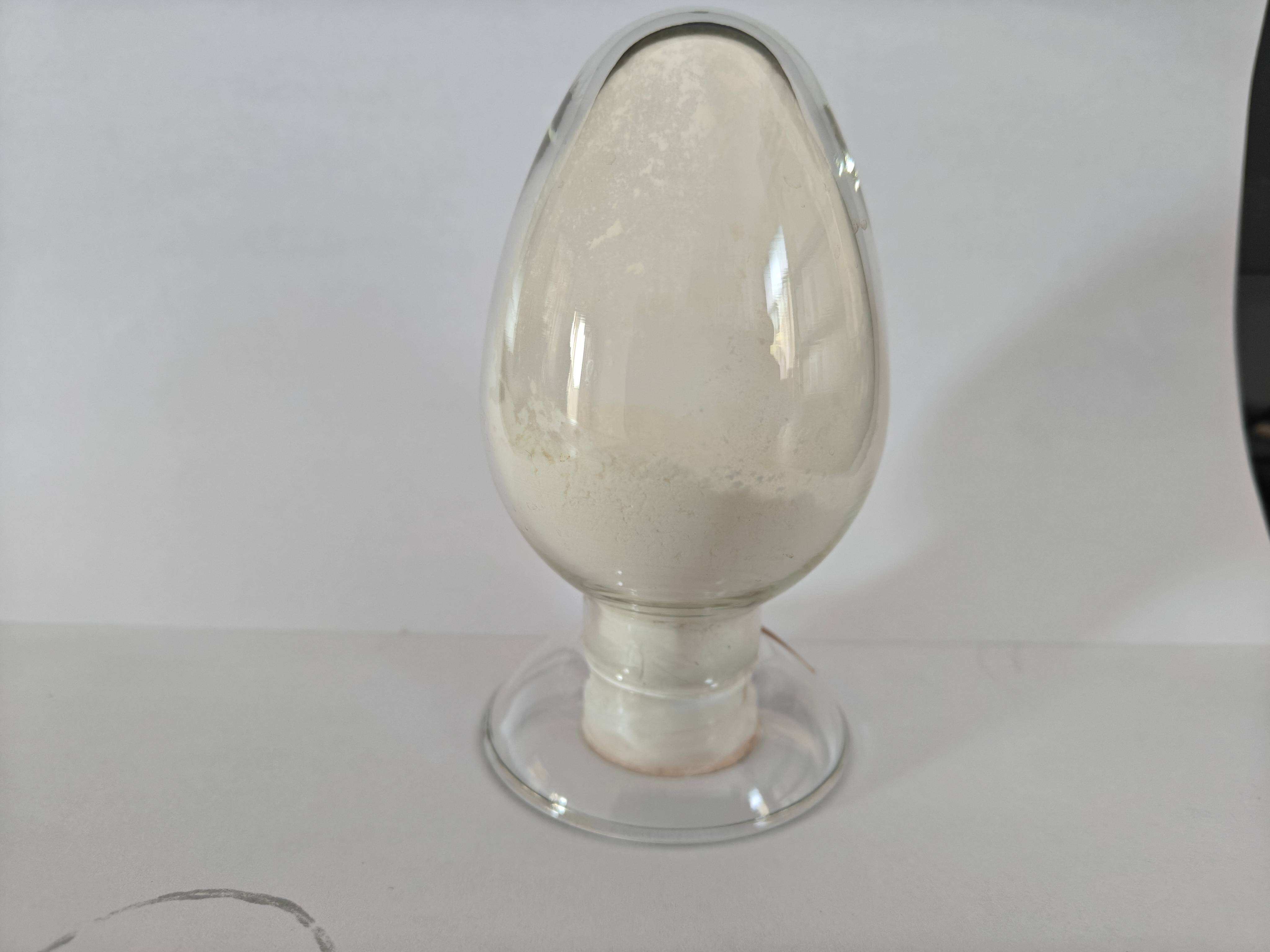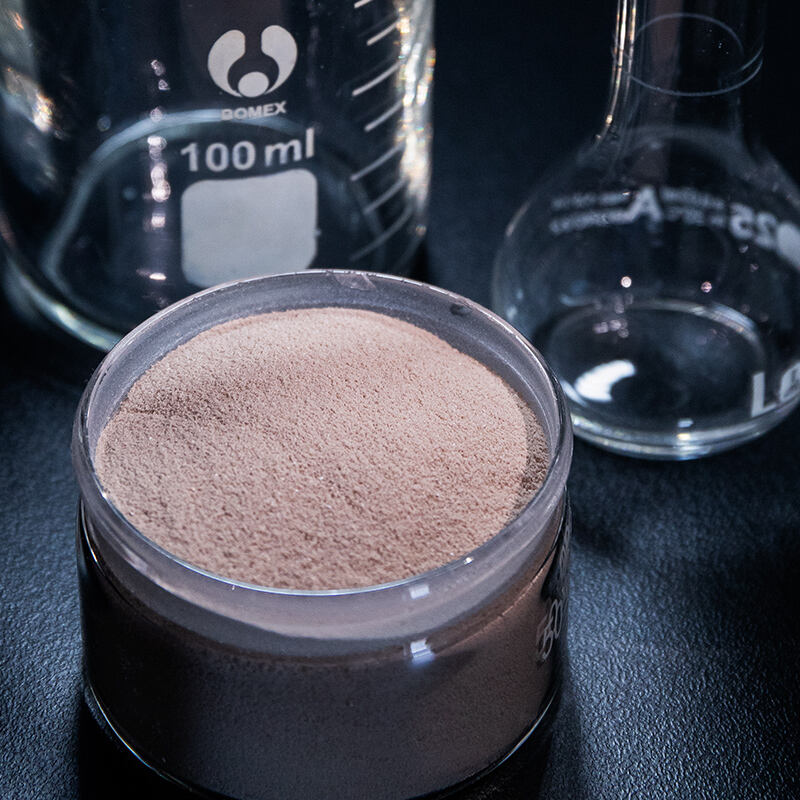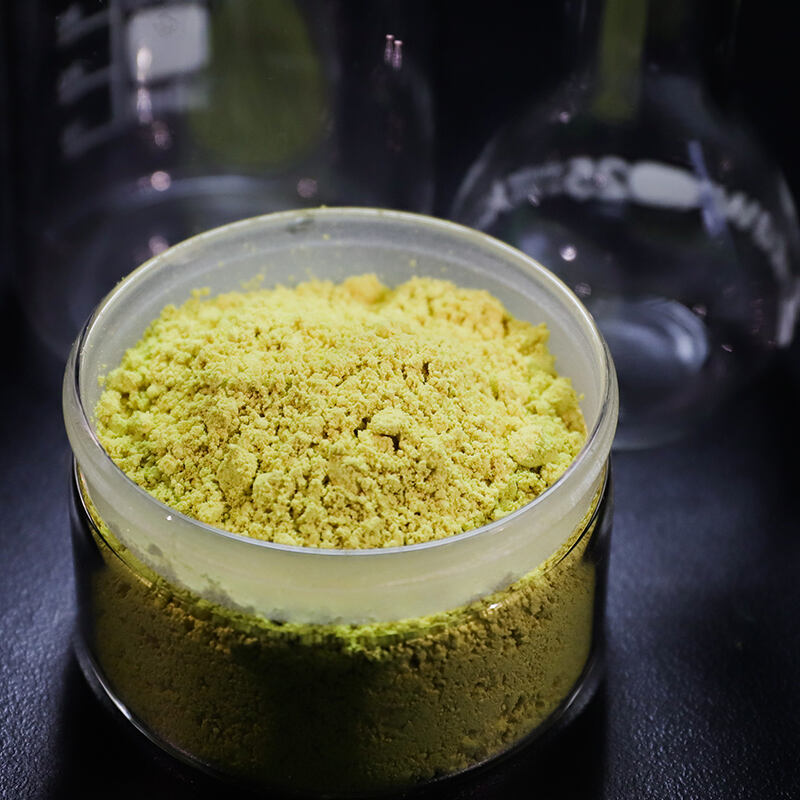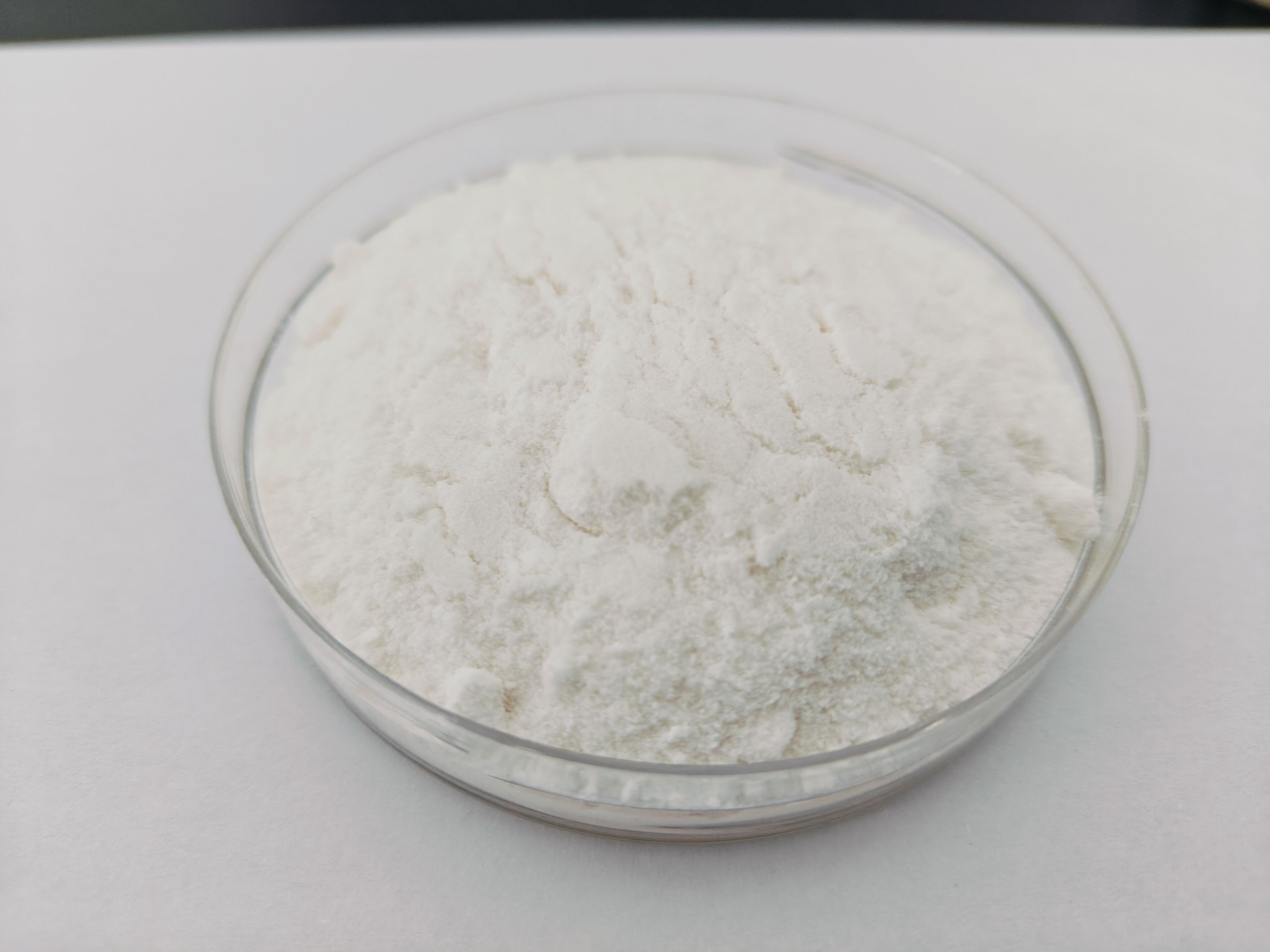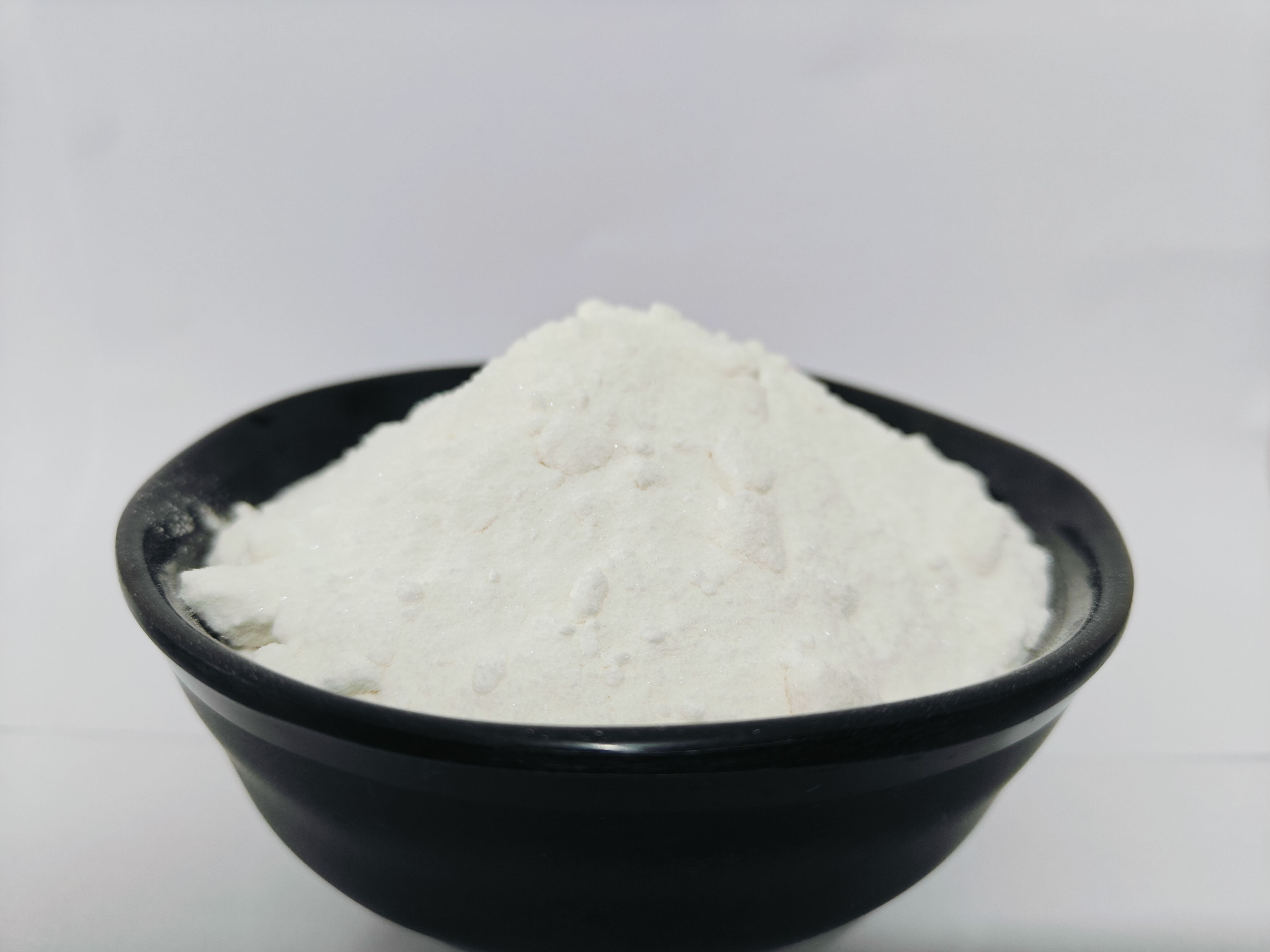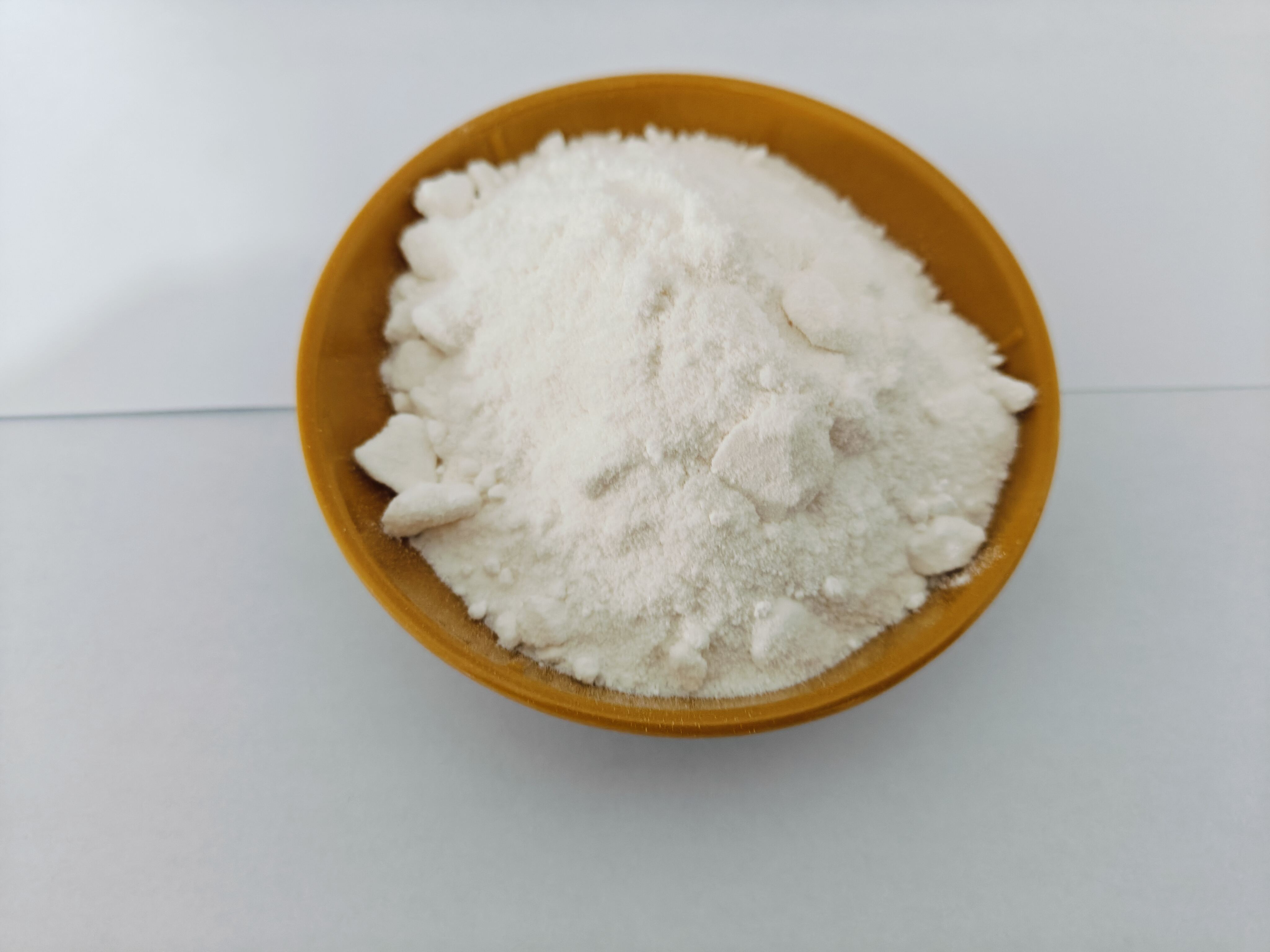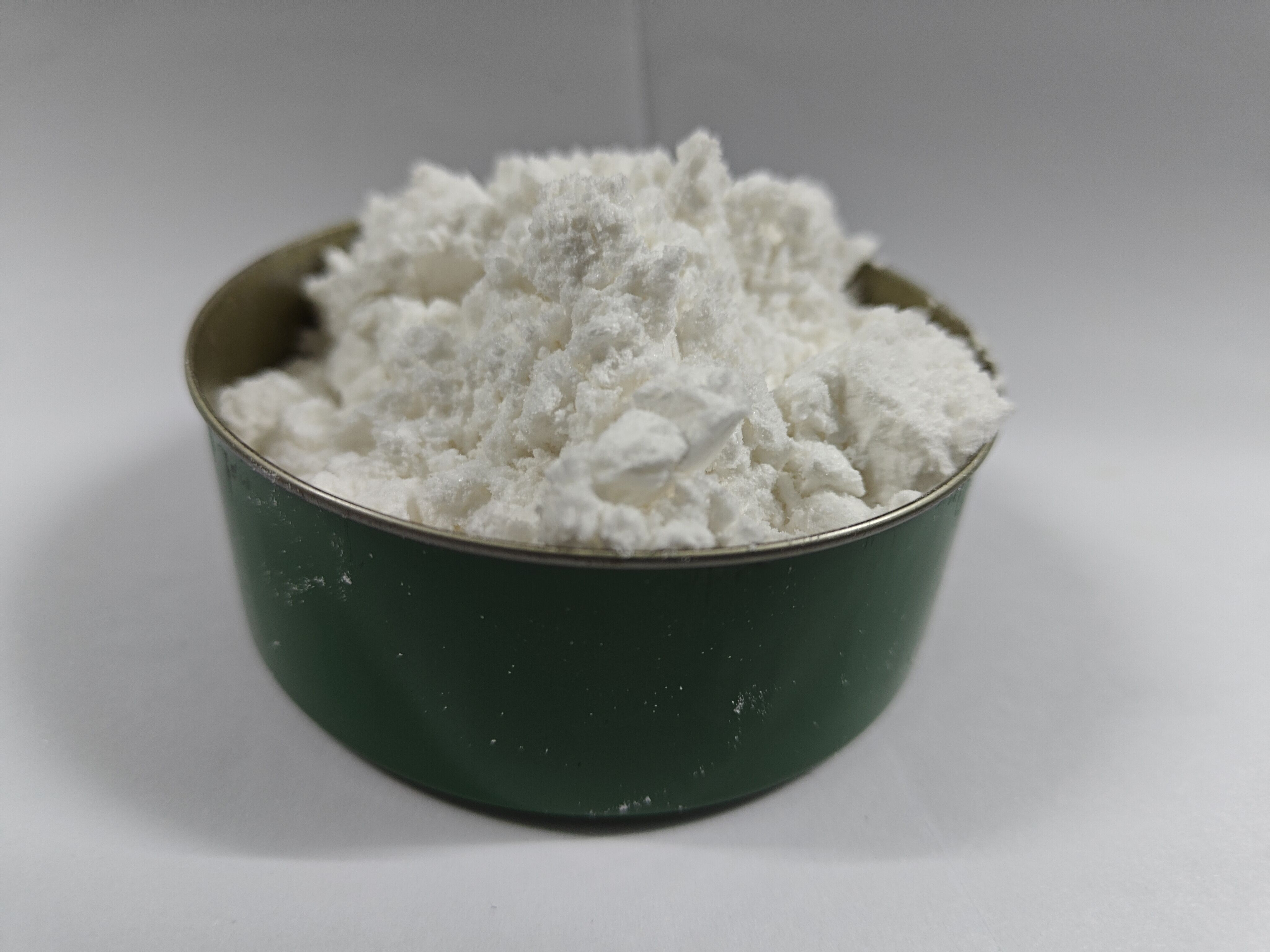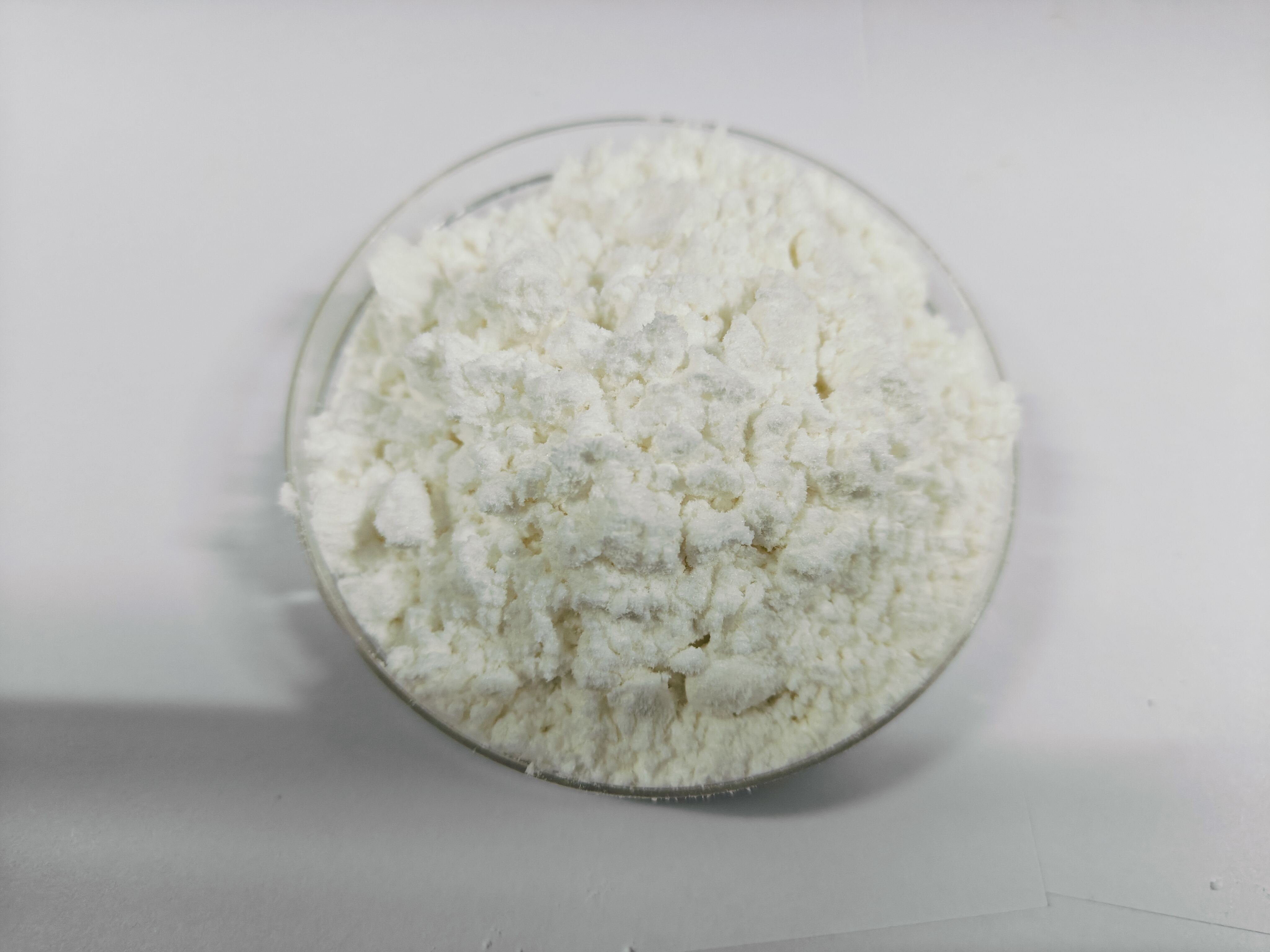mehanismo ng pagkakaroon ng carbonyldiimidazole
Ang mekanismo ng pagkakabit ng Carbonyldiimidazole (CDI) ay kinakatawan bilang isang malakas at maaaring paraan ng sintesis sa kimika ng organiko, na naglilingkod bilang isang pangunahing alat para sa pagsasanay ng mga bond ng amide at iba pang mahalagang mga kيميikal na kinaligatan. Ang rehayt ng pagkakabit na ito ay nagpapadali ng pag-aktibo ng mga asido karboksiliko sa pamamagitan ng pagsasanay ng mga napakaraming reaktibong mga tagapamid, pinapagana ang epektibong pagsasanay ng mga bond sa madaling kondisyon. Ang mekanismo ay sumasaklaw sa unang reaksyon ng CDI sa isang asido karboksiliko, pagsasanay ng isang intermedyong acylimidazole, na sa huli ay tumutugon sa mga amina o iba pang mga nukleopila upang pagsasanay ang mga inaasang produkto. Ang teknolohiya ay may natatanging pagsisingkirang at kompatibilidad sa iba't ibang mga pangkat na funkisyonal, nagiging mas makabuluhan ito sa sintesis ng farmaseytikal, kimika ng peptido, at polimer sikensiya. Sa industriyal na aplikasyon, ang pagkakabit ng CDI ay nagiging mahalaga sa produksyon ng mga farmaseytikal, agrokemikal, at espesyal na kemikal, nagbibigay ng mataas na produktibidad at malinis na profile ng reaksyon. Ang kawastuhan ng mekanismo ay umuubat sa sintesis ng mga ester, thioesters, at iba pang mahalagang mga kimiikal na bond, habang ang kanilang madaling kondisyon ng reaksyon ay tumutulong sa pag-iwas sa sensitibong mga pangkat na funkisyonal at pigilin ang mga hindi inaasang saping reaksyon.

